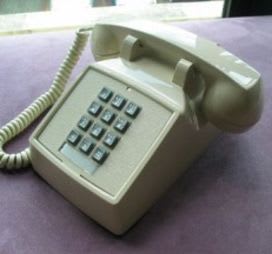

Joe Hill (right) and The Grabber at The Black Phone premiere. There's an editor who likes me in England who will pay me 35 pounds for it. I thought, ‘I've written four failed novels, so there's no reason to think this would be any better.’ If I wrote it as a short story, though, I think I know where I can sell it. “In the end, I didn't quite trust my abilities to carry it off. When I was working on ‘The Black Phone,’ it almost wanted to become a novel. And I had started to stack up some good ones. But I had learned how to write a short story. I had written four novels I couldn't sell. The Black Phone remains special to Hill because the short story marked a kind of personal turning point in his life. Instead it was gritty and lonely sometimes.” “The 1980s and the late 1970s didn't really look like a Spielberg film for a lot of people. And it's a little bit less of a sort of bubblegum, bright nostalgia piece as we've sometimes had with movies set then,” Hill says.

“It becomes this very autobiographical statement on the part of Scott Derrickson about what it was like to grow up in the '70s in the Midwest and what the '70s really looked like. “But there's another 45 minutes to the film.” What the filmmakers added has Hill’s approval. “If they had only used the short story, used everything, that's like 45 minutes,” Hill says. The other changes to The Black Phone are all additions rather than subtractions. Mason Thames as Finney Shaw in The Black Phone, based on Joe Hill's short story.

Robert Cargill do expand upon Hill’s original story, adding more victims to the mysterious calls to fill out the narrative, but they really only altered one thing from his original text: One thing about the madman, known as The Grabber, played by Ethan Hawke. The Black Phone director Scott Derrickson and screenwriter C. “If I particularly love The Black Phone, I think it's because everything that's in the story is in the film.” “I think most of the stuff that's been made has stayed true to the characters and the situations,” he tells Vanity Fair. He has been fortunate with regard to faithfulness. Hill has had several novels and comic books adapted before, among them Netflix’s Locke & Key, the Daniel Radcliffe movie Horns, and the AMC series NOS4A2, so he knows change is inevitable. Otherwise, both tell the story of a young boy named Finney, who is kidnapped and imprisoned in a basement where a mysterious old telephone allows him to hear the voices (and potentially lifesaving guidance) of the serial killer’s previous victims. That’s the main difference between the new movie adaptation of The Black Phone and his unsettling 2004 short story that inspired it. Joe Hill knows the power of a single word.


 0 kommentar(er)
0 kommentar(er)
